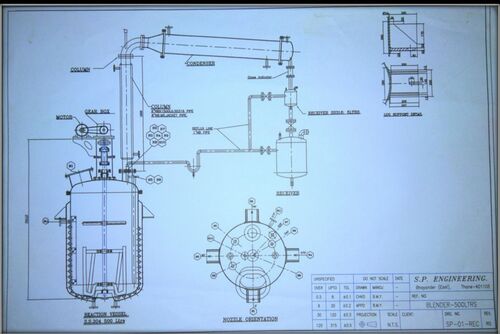
उत्पाद विवरण:
मूल्य और मात्रा
- 1
व्यापार सूचना
- प्रति महीने
- महीने
उत्पाद वर्णन
A polyester resin plant is a facility that manufactures polyester resin, a versatile liquid material used in various applications, including:
Composite materials: Polyester resin is a key component of fiberglass composites, commonly used in boat hulls, building panels, and automotive parts.
Coatings: Polyester resins are used in paints, varnishes, and gelcoats for their durability, gloss, and weather resistance.
Adhesives: Polyester resins can be used as adhesives for bonding various materials, such as wood, metal, and concrete.
Casting: Polyester resins can be used for casting decorative objects, countertops, and other functional parts.
The exact configuration of a polyester resin plant can vary depending on the desired production capacity, resin type, and level of automation. However, a typical plant will involve the following key stages:
Raw material storage: This includes tanks for storing the liquid monomers (such as maleic anhydride and propylene glycol) and other chemicals used in the resin production process.
Esterification: The monomers are reacted in heated kettles with a catalyst to form the polyester resin precursor.
Blending: The resin precursor is blended with additives and solvents to achieve the desired properties, such as viscosity, flexibility, and curing speed.
Filtration and storage: The finished resin is filtered to remove impurities and then stored in tanks until needed.
Packaging: The resin is packaged in drums, totes, or bulk containers for shipment to customers.

Price: Â
- 50
- 100
- 200
- 250
- 500
- 1000+



